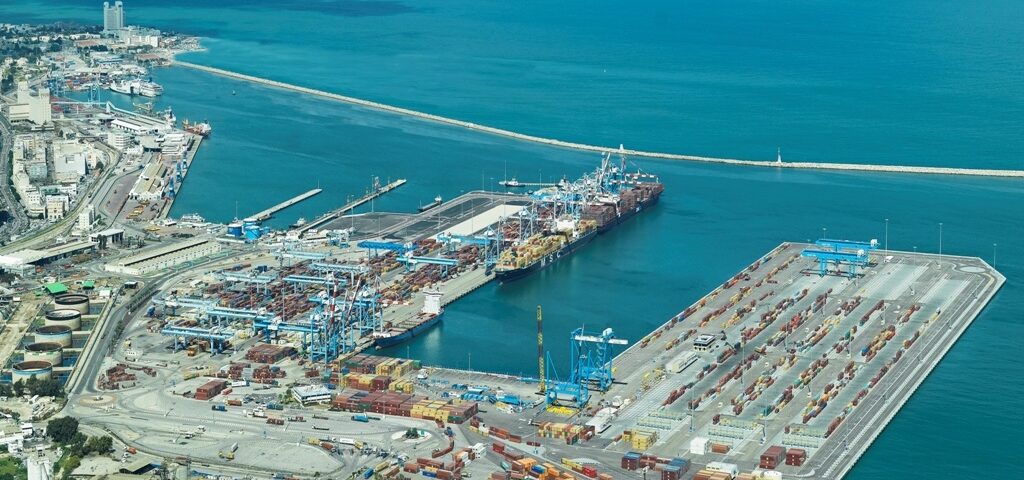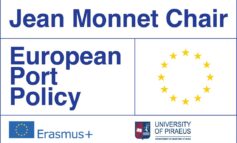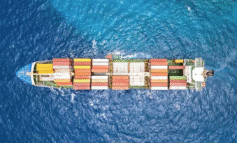Avoiding truck congestion and peaks in landside activity is one of the challenges to container terminal managers. The spreading of truck arrivals at terminals can be facilitated by widening the opening hours of terminals at the landside. Israel’s Ministry of Transport has instituted the “Good Night Program”, involving monetary incentives for importers and exporters who deliver containers to ports at night.
The latest port study of PortEconomics co-director Theo Notteboom, along with David J. Bentolila (Zefat Academic College, Jerusalem, Israel), Ronit Kastro Ziedenveber (Bento Consultants Ltd., Oshrat, Israel) and Yehuda Hayuth (Samuel Neeman Institute, Technion, Israel Institute of Technology, Haifa, Israel) aims to quantitatively examine the market utility resulting from shifting traffic from daytime to nighttime, and analyzes customer considerations regarding nighttime transportation.
The external utility found in the traffic-economics model is quite similar to the economic incentive given to customers. Therefore, a significant increase of the incentive is not feasible. Furthermore, it seems that an incentive method by itself is not effective enough, and does not motivate customers to act and find creative solutions to the obstacles they face. To achieve a considerable change in nighttime transport to Israeli ports, more effective methods should be examined.
The port study has been publish at the inaugural issue of the new academic journal “Maritime Business Review” (MABR) is available and can be freely download it online.












